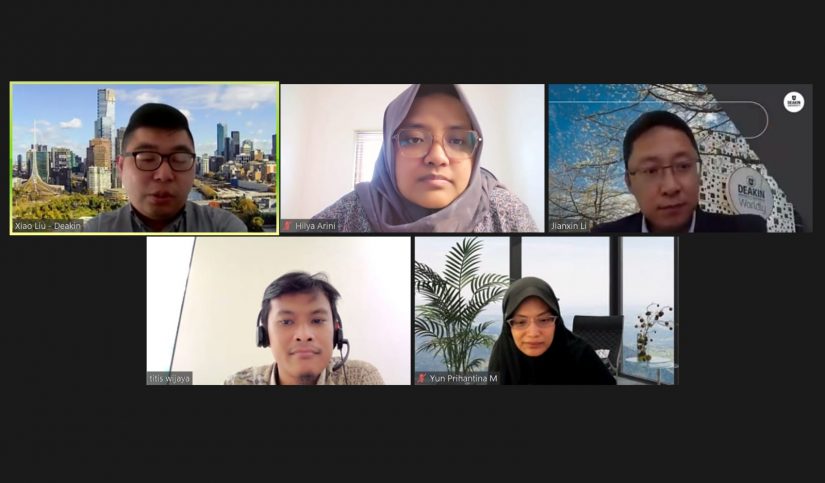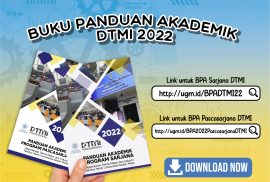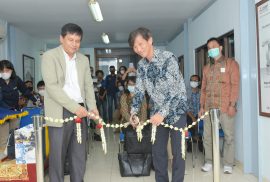
During the Covid-19 pandemic era, a massive flow of information related to the disease has been consistently coming up and getting spread out amongst the public. Unfortunately, some of the information received by the public is inaccurate, unreliable, and can even be identified as “fake news”. Therefore, a method to identify the fake news related to Covid-19 is urgently needed, especially for identifying multilingual news. Sadly, the existing method to identify the fake news is still too general to identify the Covid-19-related fake news in multilingual news. The failure in identifying and intervening the spreading of the multilingual Covid-19-related fake news could easily cause public’s disbelief and misguided behaviours such as panic buying, disobedience towards the health protocol, and even rejecting the Covid-19 test and vaccination.
In response to the urgency, the research team of the Department of Mechanical and Industrial Engineering UGM in collaboration with the research team of Deakin University, Australia funded by Study Melbourne Research Partnership, consisting of Dr. Hilya Mudrika Arini (UGM), Dr. Titis Wijayanto (UGM), Dr. Yun Prihantina (UGM), Dr. Achmad Pratama Rifai (UGM), Assoc. Prof. Xiao Liu, (Deakin University), and Assoc. Prof. Jianxin Li (Deakin University), would conduct an online survey towards 1.500 Indonesian and Australian citizens with different generational cohorts (including the Baby Boomers, the Millennials, and the Gen Z’s) from selected cities and towns to classify each individual based on their characteristics in trusting and processing Covid-19 pandemic-related information. The survey was also designed to identify and analyse people’s online behavioural characteristics regarding the news spreading and to help determining which group is the most susceptible to the fake news. In this research, the researchers would also collect multilingual dataset for Covid-19-related fake news spreading in Indonesia and Australia and develop an effective multilingual Covid-19-related fake news detection model. The result of this study is expected to help the government in the policy-making process to control the spread of Covid-19-related fake news.
PR of DTMI | January 2022





